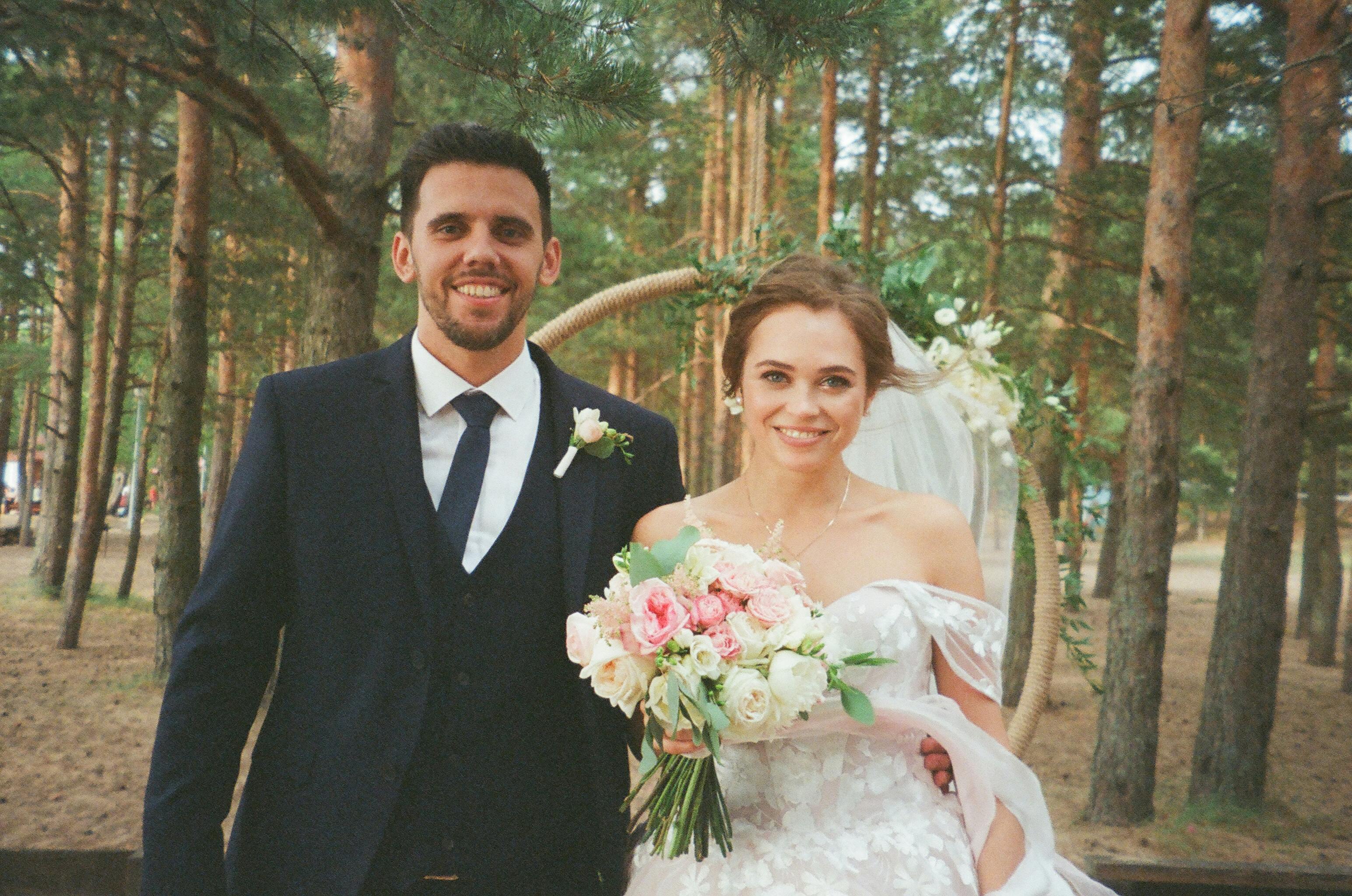Inviting a new puppy into the home is an exciting time, especially when it is a Pomeranian. They are full of sperm and fluff, and they are one of the most beloved breeds. Pomeranians require much of the same type of grooming as other dogs, but there are some aspects of their care that need to be considered prior to ownership.
Like many breeds, Pomeranians need significant physical activity. They are a high energy breed and love to play. Chasing a flashlight beam around a room is a fun indoor activity for small dogs. Outdoor activities like walks or trips to the dog park are fun too.
One of the characteristics that many people especially love about Pomeranians is their super fluffy fur. This breed of dog actually has two layers of fur: an undercoat and a top coat. Brushing his coat means brushing both coats completely. This will prevent tangling and is easier when done three times a week. Paying special attention to brushing their fur very well during the change of season, from cold to warm, also reduces shedding.
Just as brushing your hair is important, so is brushing your teeth. Buying a soft bristle children’s toothbrush is fine, but only dog-specific toothpaste should be used. Starting a tooth brushing routine as soon as the puppy can leave his mother’s side helps him get used to having his teeth brushed and will be less likely to fight it. Additionally, feeding them dog treats specifically designed to reduce dog plaque is another way to maintain a Pomeranian’s oral health.
While tooth brushing should only be done weekly, owners may find that they need to clean a Pomeranian’s watery eyes more often. A slightly damp cotton ball or Q-tip makes this work easier. Just take the wet ball and gently wipe it over the dog’s eyes. Daily maintenance of the dog’s eyes will prevent scabs from forming, making it difficult to clean the face. An owner can also use a cool, wet cotton ball to clean their ears as needed.
Trimming a Pomeranian’s nails is an acquired skill. Some people are comfortable doing this at home and it saves them time and money. However, some owners don’t find the savings worth the risk of cutting too far back and prefer to let professional dog groomers handle this task. The Pomeranian is a very portable dog and it is not difficult to take him to a groomer to have his nails trimmed once or twice a month.
Another important aspect of caring for a Pomeranian is learning about the special health needs of this breed. Although they are generally very healthy, their small size leads to a higher incidence of hypoglycemia or low blood sugar levels. The metabolism of a Pomeranian is quite fast and when combined with its small stomach it can be difficult to maintain its blood sugar levels. Symptoms of hypoglycemia in dogs include lethargy, disorientation, weakness, or seizures. When these symptoms are observed, it is necessary to give the Pomeranian some sugar, usually in the form of Karo syrup or Nutri Cal, a high-calorie nutritional supplement designed specifically for puppies.
Other health problems to watch out for with this breed include distichias and entropy, which are problems with Pomeranian eyelashes; Patellar dislocation, slippery kneecap; and tracheal collapse, which results in respiratory problems. To better care for a Pomeranian and prevent these common health problems, feed him a filler-free diet. Choose a dog food that is primarily meat and has high levels of DHA, Omega 6, and Omega 3. Supplements are not needed if they are on a high-quality diet, but some Pomeranians may need glucosamine supplements.
Caring for a Pomeranian is a rewarding job. A well-groomed dog is a happy dog and will bring its owner many wonderful days of play and love.
